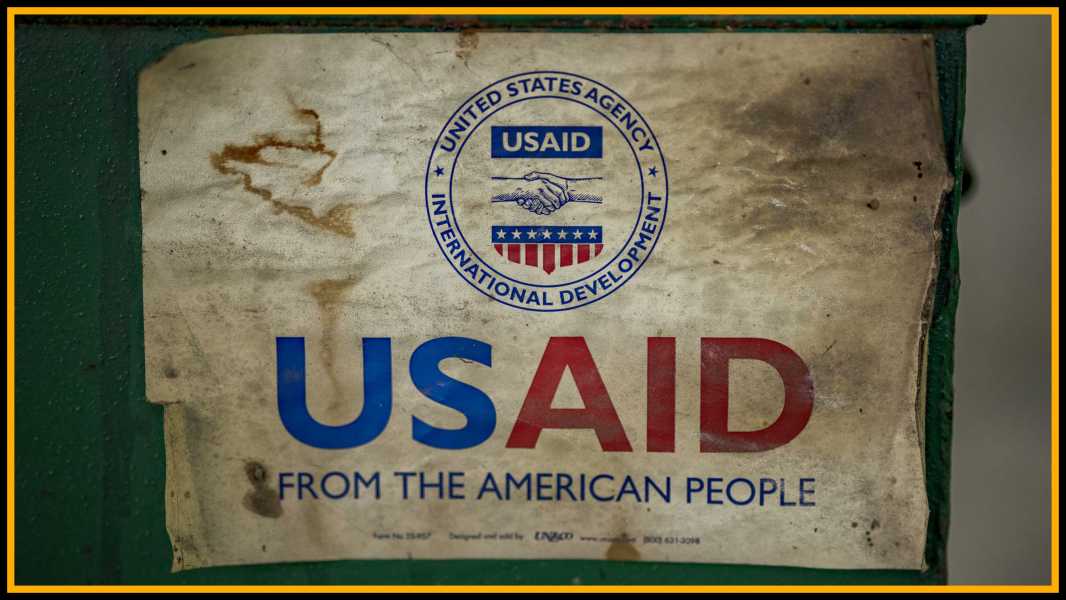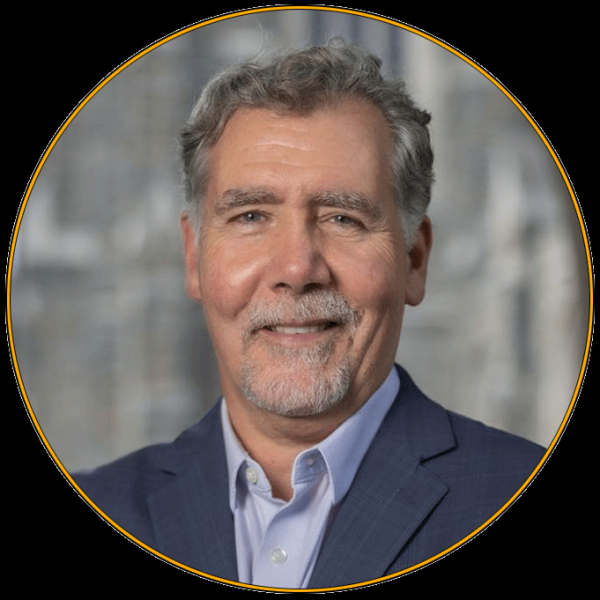
The Trump administration has implemented cuts to USAID programs, reducing them by 83% in six weeks. (Image credit: Getty Images)
In the days after President Trump ordered a freeze on nearly all U.S. foreign aid, Secretary of State Marco Rubio suggested that control over the money the U.S. spends abroad is a matter of personal interest.
“Every dollar we spend, every program we support, and every policy we implement must be justified by the answers to three simple questions,” Rubio said in a State Department press release. “Does it make America safer? Does it make America stronger? Does it make America more prosperous?”

Chris Beyrer is an internationally recognized epidemiologist who has worked on cutting-edge research and treatment of HIV/AIDS and COVID-19.
One might disagree with this narrow view of the value of foreign development assistance, which is essential to the survival of millions of people in regions scarred by war, poverty, and the effects of human-caused climate change. But even by this narrow measure, the Trump administration’s irrational cuts to foreign aid programs lack a logical justification. In fact, they fail all three of Rubio’s tests, leaving America more vulnerable, less secure, and more susceptible to shocks that could cripple our economy.
Nowhere is the shortsightedness of the administration’s strategy more evident than in the chaos it has created at the U.S. Agency for International Development. USAID provides aid in more than 120 countries, funding projects that provide vulnerable communities around the world with health care, education, food, and clean water. From building schools to helping rebuild after natural disasters, its work makes a significant contribution to the health and economic development of regions beset by poverty, conflict, migration, and the political extremism that often accompanies social and economic inequality.
In terms of immediate and tangible benefits to the United States, one of USAID’s key missions is to prevent the spread of infectious diseases that could trigger a global pandemic. For example, in 2014, USAID sent teams to West Africa to coordinate the response to the rapidly evolving Ebola outbreak. A significant part of this effort was the establishment of screening protocols for people traveling from the affected region, which proved to be a key step in preventing an Ebola crisis in the United States, where only 11 cases were reported that year.
Sourse: www.livescience.com





